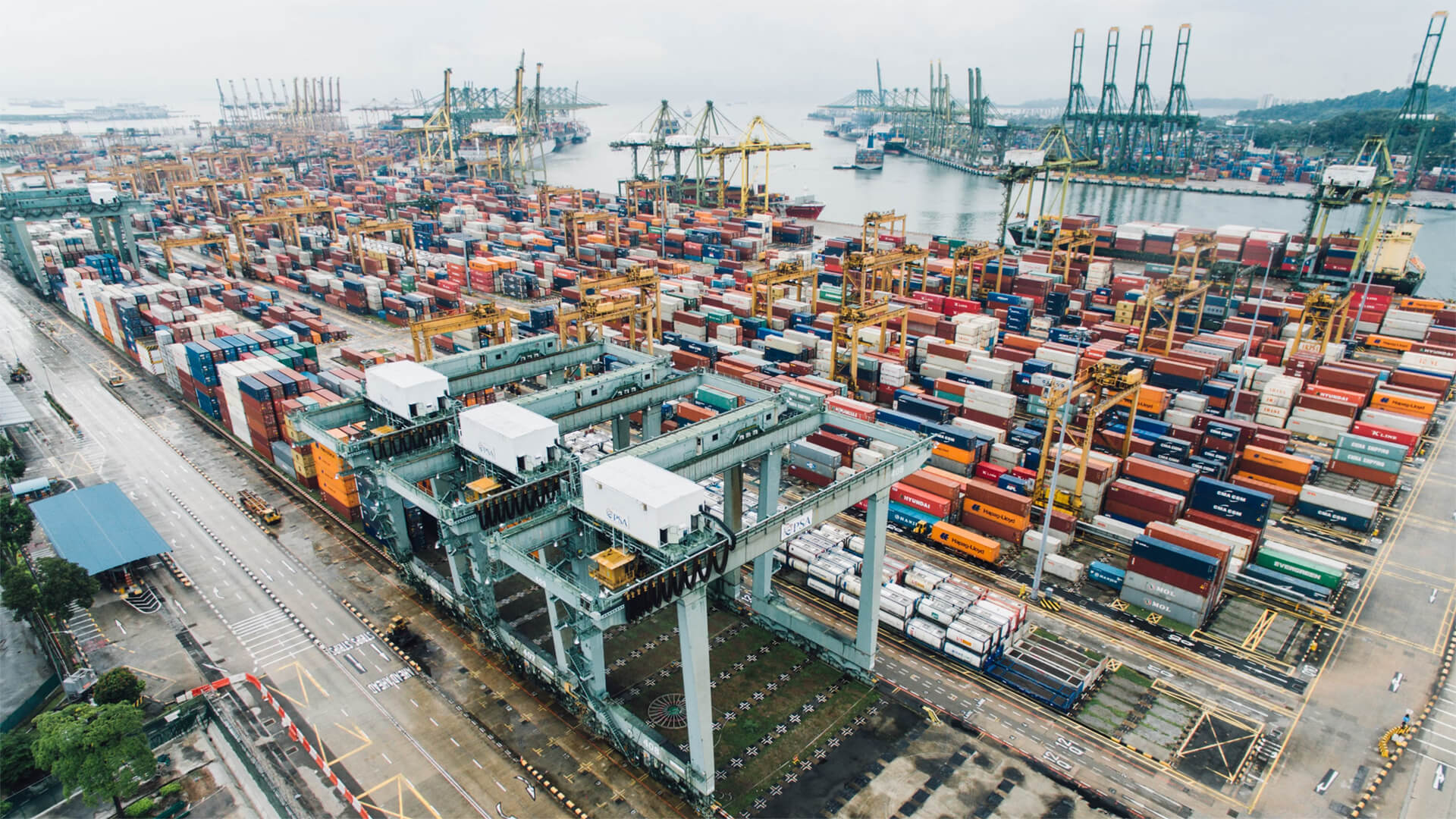I’ve said it before and I’ll say it again, the US dollar ain’t going nowhere. There’s simply no other currency with the volume or liquidity to fill the shoes of the dollar.
Everyone seems to be obsessed with a BRICS currency takeover, but even at the BRICS summit they shot that down. A euro replacement was possible at some point, but the financial crises and close sanctions coordination between the US and EU shot that option down as well.
Even the country who would love to see the US dollar fall more than anyone – Russia – can’t function without the US dollar. So, if anyone is telling you to get rid of your USD, you can politely tell them to kick rocks.
Here at Zeihan on Geopolitics, our chosen charity partner is MedShare. They provide emergency medical services to communities in need, with a very heavy emphasis on locations facing acute crises. Medshare operates right in the thick of it, so we can be sure that every cent of our donation is not simply going directly to where help is needed most, but our donations serve as a force multiplier for a system already in existence.
For those who would like to donate directly to MedShare or to learn more about their efforts, you can click this link.
Transcript
Hey all, Peter Zeihan here coming to you from Palm Springs, California, one of the less natural places on the planet. It’s only just happened to just. Hilarious. Okay. It’s no surprise that I am kind of a, I don’t know, bulls. The wrong term. That makes it sound like a financial play. I don’t think the U.S. dollar is going anywhere.
And I think the debt situation in the United States, while not my ideal, is not the thing that’s going to tear down the U.S. dollar at all. In fact, there is no currency out there in the world, that can replace the United States in terms of volume or liquidity, no matter what the country or theory happens to be.
And something that really drives that home is now happened within the BRICs alliance. BRICs Alliance, wrong word BRICs organization. It’s not even that BRICs association. There we go. Anyway, there are some folks who think that BRICs is going to ultimately displace the U.S. dollar system in the global trading system and usher in a new world where the United States doesn’t exist, or some other.
Not since. But let’s talk about what happened in the last two summits. So 1st November of 2023, the summit in Johannesburg. In their opening statements, the South African, Indian and Chinese delegations all said they have no interest in the US dollar being supplanted. They have no interest in a BRICs currency. And will everyone please stop asking them? The concept that the US dollar is going away is largely one that is constrained to the the fringes of the US financial world with people looking for some new bizarre investment play.
It really hasn’t gone beyond that. Certainly countries haven’t signed on to alternatives, largely because they really aren’t any. The biggest one would have been the European euro. But when they started using insured banks deposits to pay for bailouts 15 years ago, everyone got out of the euro. So now it’s a regional currency. And in the aftermath of the Ukraine war, when the Japanese, the Europeans and the Americans started to basically coordinate all sanctions, European policy and Japanese policy on most big currency issues became a subset of whatever the US Federal Reserve and Treasury Department were doing, so that even that small window has passed.
But the really hilarious thing happened in Russia this past week, at the most recent BRICs summit that the Russians were hosting. And remember that the Russians are the most anti-American country in the world. And if there ever was going to be somebody who would actually be willing to pay through the nose to create something that bypasses the dollar, even if it doesn’t do them any financial good, it would be the Russians.
So they’re going to have everybody coming to Kazan in central Russia for this summit to talk about all the ways that the Russians want to move away from anything that the United States touches. But on the topic of currency and the prep materials that were sent out to all the delegates were reminders that Russia is under sanctions. So don’t bring your visa or Mastercard.
They won’t work. There may be a handful, like single digit number of places in town that will use a Chinese charge card, but we really don’t like that system either. So you really shouldn’t count on that. You’re gonna have to use cash. However, it’s really hard to get rubles outside of Russia these days. Again, sanctions. So what you need to do is come with hard currency.
And the only two hard currencies that Russian banks will now accept are the U.S. dollar and the euro, because we desperately need their own country in order to maintain any sort relations with absolutely anyone. So bring your euros, bring your dollars, and when you can change them for rubles when you get here. So you can actually spend money, but you won’t be able to change them because we need the dollars.
Oh.
Oh, good. The fact that people still think that the dollar’s going away. I just, Anyway, there may have been more to that, but honestly, I’m just laughing too much inside. We’re just going to call that a day.











